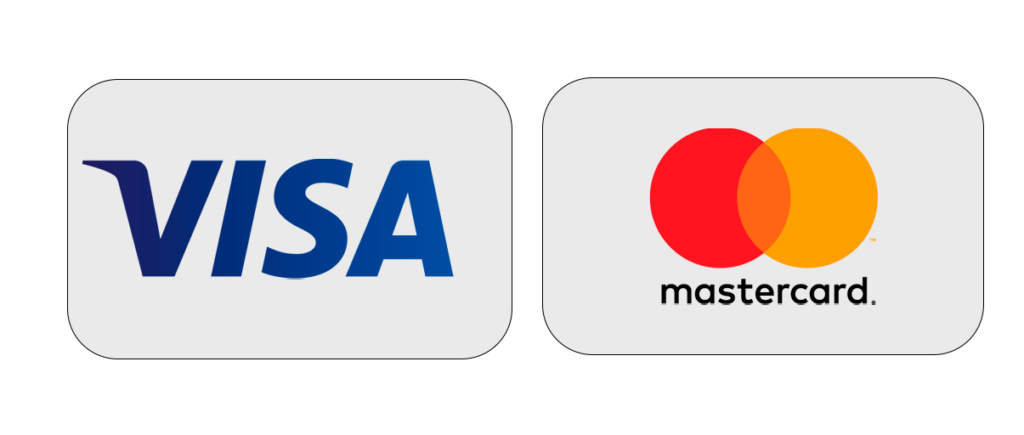
In the rapidly growing world of cryptocurrency, having a reliable and secure way to store and manage your digital assets is crucial. Crypto wallets are the backbone of the crypto economy, offering users the tools to safely access, transfer, and monitor their funds. But with so many options and technical jargon, understanding these wallets can feel overwhelming. This guide will break down everything you need to know about crypto wallets, helping you take the first step toward mastering digital wealth management.
Table of Contents
What is a Crypto Wallet?
A cryptocurrency wallet, or crypto wallet, is a tool—either software or hardware—designed to store, manage, and utilize cryptocurrencies. Unlike traditional cash or banknotes that can be physically held, cryptocurrencies exist solely on the blockchain, devoid of any tangible form. Despite their virtual nature, users still need a way to verify their ownership, manage balances, and conduct transactions. This is where crypto wallets come in.
A crypto wallet essentially acts as a bridge between the user and their digital assets. It validates the user’s account balance, facilitates transactions, and helps manage cryptocurrency holdings. Much like a conventional bank account, a crypto wallet ensures secure and efficient handling of digital currencies.
Why Are Crypto Wallets Essential?
Cryptocurrencies have become integral for various transactions, investments, and savings. Just like bank accounts are essential for managing fiat currencies, crypto wallets are fundamental for handling digital assets. Here’s why:
- Asset Management: Crypto wallets allow users to monitor their cryptocurrency balances efficiently.
- Transaction Facilitation: They enable users to send and receive cryptocurrency payments seamlessly.
- Access to Decentralized Apps (dApps): Wallets are vital for interacting with Web3 and decentralized applications.
- Identity Management: A wallet connects a user’s public key address (on the blockchain) to a username, making transactions more accessible.
- Private Key Safekeeping: Cryptocurrencies exist as public key addresses on the blockchain. A wallet manages the private keys needed to access and transact with these assets.
Types of Cryptocurrency Wallets
There are two primary categories of crypto wallets: hot wallets and cold wallets. Each serves unique purposes and caters to different user needs.
Cold Wallets (Offline Storage)
- Hardware Wallets: These wallets store private keys on physical devices like USB drives. They remain disconnected from the internet when not in use, providing enhanced security against hacking.
- Paper Wallets: A simple, low-tech solution where private and public keys are written on paper for offline storage. While highly secure against digital theft, they require careful handling to prevent physical loss or damage.
Hot Wallets (Always Online)
- Online Wallets: Offered by crypto exchanges, these wallets store keys online, providing easy access but potentially exposing users to cybersecurity risks.
- Desktop Wallets: These wallets are software applications installed on desktops, giving users direct control over their private keys.
- Mobile Wallets: Mobile apps store keys and provide users with convenient, on-the-go access to their digital assets.
How Do Cryptocurrency Wallets Operate?
Unlike physical wallets that hold cash or cards, crypto wallets store the credentials—specifically private keys—needed to access the blockchain and manage cryptocurrencies. Here’s how they work:
- Public Key: Functions similarly to a bank account number, allowing users to receive funds. However, a public key alone isn’t enough to complete transactions.
- Private Key: Comparable to a personal identification number (PIN), this key is essential for accessing and transferring assets. Only the wallet holder should know this key.
- Dual-Key System: Cryptocurrencies operate on a public key infrastructure. Transactions require both public and private keys for authentication and execution.
- Secure Storage: A crypto wallet safeguards private keys while public keys remain visible on the blockchain.
By combining public and private keys, crypto wallets facilitate secure and efficient operations, ensuring the safety of users’ digital assets.
Advantages of Crypto Wallets
Crypto wallets bring several benefits to the table:
- Convenience: Easy access to funds and transactions, especially with mobile wallets.
- Enhanced Security: Hardware and paper wallets minimize online risks, while hot wallets provide secure encryption for active trading.
- Support for Multiple Currencies: Many wallets support multiple cryptocurrencies, making them versatile tools for investors.
- Access to Decentralized Ecosystems: Wallets enable users to interact with dApps, NFTs, and other blockchain-based assets.
Challenges and Risks of Crypto Wallets
While crypto wallets offer many advantages, they also come with challenges:
- Security Risks: Hot wallets, especially online ones, are susceptible to hacking.
- Complexity for Beginners: Managing private keys and understanding wallet types can be intimidating for new users.
- Physical Vulnerability: Paper and hardware wallets can be lost, stolen, or damaged, resulting in permanent loss of funds.
- Dependency on Providers: Some online wallets are tied to exchanges, which may pose risks if the exchange experiences issues.
Best Practices for Using Crypto Wallets Securely
To maximize the benefits of crypto wallets while minimizing risks, follow these best practices:
- Choose the Right Wallet: Select a wallet that aligns with your needs—whether for trading, long-term storage, or interacting with dApps.
- Enable Two-Factor Authentication (2FA): Add an extra layer of security to your wallet.
- Back Up Your Wallet: Regularly back up your wallet data to protect against accidental loss.
- Use Strong Passwords: Ensure your wallet is protected with a robust, unique password.
- Avoid Public Wi-Fi: When accessing your wallet, use secure internet connections to prevent interception.
- Diversify Storage: Use a combination of hot and cold wallets to balance convenience and security.
Conclusion: Empowering Your Digital Future
Cryptocurrency wallets are indispensable tools for anyone engaging with digital assets. Whether you’re a casual investor, a dedicated trader, or an enthusiast exploring the blockchain ecosystem, understanding and using crypto wallets effectively can unlock countless opportunities. From facilitating transactions to securing assets, crypto wallets bridge the gap between traditional finance and the revolutionary world of cryptocurrencies.
With their versatility and evolving features, crypto wallets continue to shape the way individuals and organizations manage digital wealth. By adopting secure practices and staying informed, users can harness the full potential of these powerful tools in the ever-growing cryptocurrency market.
Ready for Instant Funding at Competitive Prices? CLICK THE BUTTON BELOW and customize your Instant Funded account with OFP Funding today!






